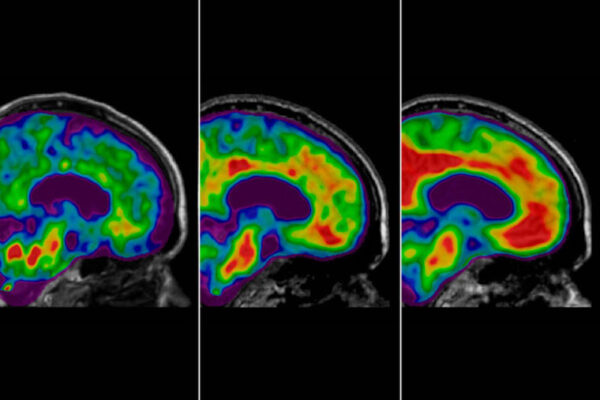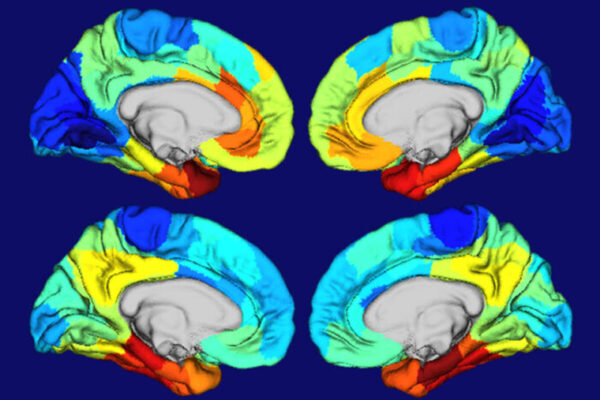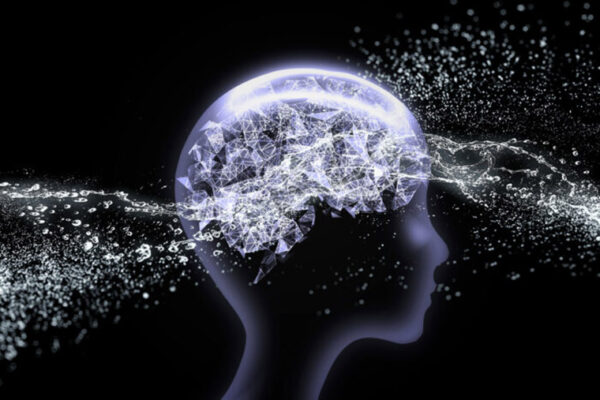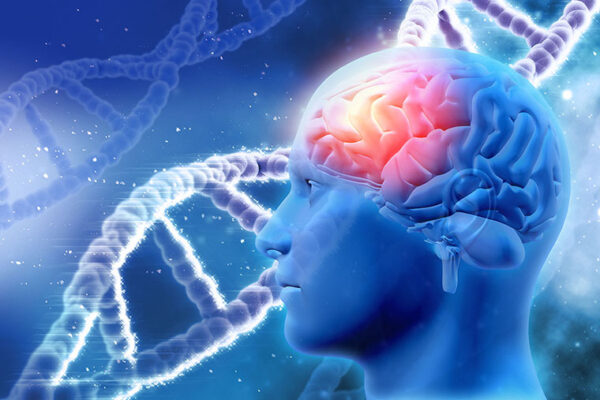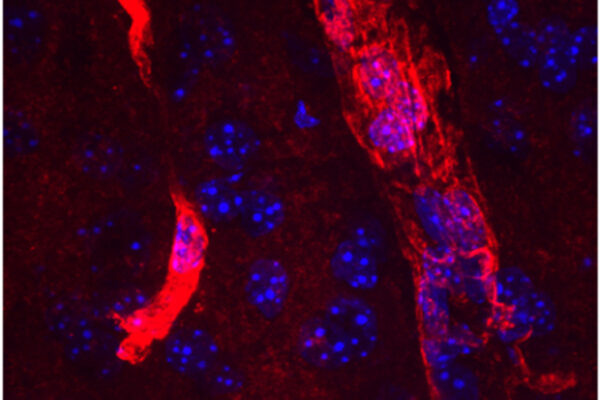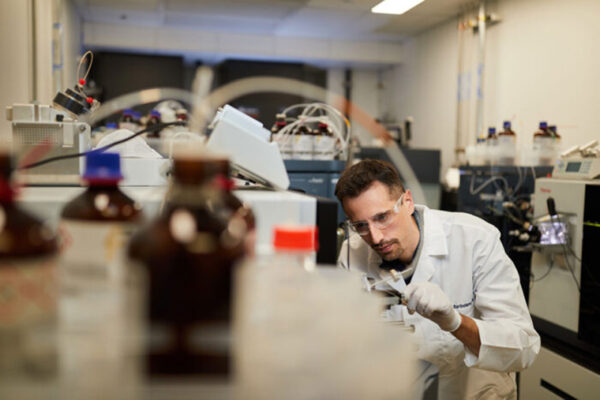Gut bacteria affect brain health, mouse study shows
Gut bacteria can influence brain health, according to a study of mice genetically predisposed to develop Alzheimer’s-like brain damage. The School of Medicine study findings suggest a new approach to treating Alzheimer’s and other neurodegenerative diseases.
WashU, Eisai form drug discovery collaboration
The School of Medicine and pharmaceutical company Eisai Co. Ltd. have formed a research collaboration aimed at developing new treatments for Alzheimer’s disease and other neurodegenerative conditions.
Study yields clues to why Alzheimer’s disease damages certain parts of the brain
A study by researchers at Washington University School of Medicine yields clues to why certain parts of the brain are particularly vulnerable to Alzheimer’s damage. It comes down to the gene APOE, the greatest genetic risk factor for Alzheimer’s disease.
Rejuvenated immune cells can improve clearance of toxic waste from brain
Rejuvenating the immune cells that live in tissues surrounding the brain improves fluid flow and waste clearance from the brain — and may help treat or even prevent neurodegenerative diseases such as Alzheimer’s and Parkinson’s, according to a study by researchers at Washington University School of Medicine.
Cruchaga awarded Zenith Fellowship Award
Carlos Cruchaga, at the School of Medicine, has received a 2022 Zenith Fellow Award from the Alzheimer’s Association. The annual award is given to scientists who have made significant contributions to Alzheimer’s disease research and are likely to continue to do so.
$9 million to fund study of ‘jumping genes’ in Alzheimer’s
A five-year $9 million grant from the National Institutes of Health (NIH) will fund research led by investigators at Washington University School of Medicine and at the University of Texas at San Antonio to answer how so-called transposable elements in DNA can influence Alzheimer’s disease.
Risk of Alzheimer’s dementia may be predicted with help of new tool
When people participate in studies of aging, they often want to know what their individual risks of developing dementia from Alzheimer’s disease are. Washington University researchers have developed an algorithm that can help provide them with information about what their risks may be.
School of Medicine joins NIH initiative to expand use of AI in biomedical research
Washington University School of Medicine is joining the National Institutes of Health (NIH)’s Bridge2AI program, an estimated $130 million initiative. One project aims to develop a framework for using artificial intelligence to diagnose disease based on the sound of patients’ voices.
Study points to new approach to clearing toxic waste from brain
Washington University School of Medicine researchers have found a new druggable pathway, in mice, that potentially could be used to help prevent Alzheimer’s dementia.
New center’s aim: to ID biomarkers of neurodegenerative diseases
The Tracy Family SILQ Center for Neurodegenerative Biology has been established at the School of Medicine. The center aims to help researchers discover, study and validate biomarkers of neurodegenerative diseases such as Alzheimer’s and Parkinson’s, with a goal of identifying new drug targets and creating better diagnostic and prognostic tests.
Older Stories

